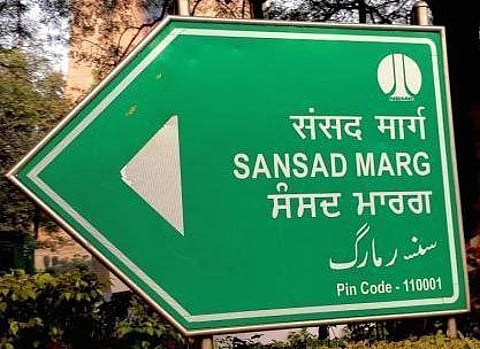
- News
- Columns
- Interviews
- Law Firms
- Apprentice Lawyer
- Legal Jobs
- हिंदी
- ಕನ್ನಡ

With a view to curbing child marriage, checking bigamy and polygamy, and fostering empowerment of women, the Law Commission of India has recommended the compulsory registration of marriages in the country.